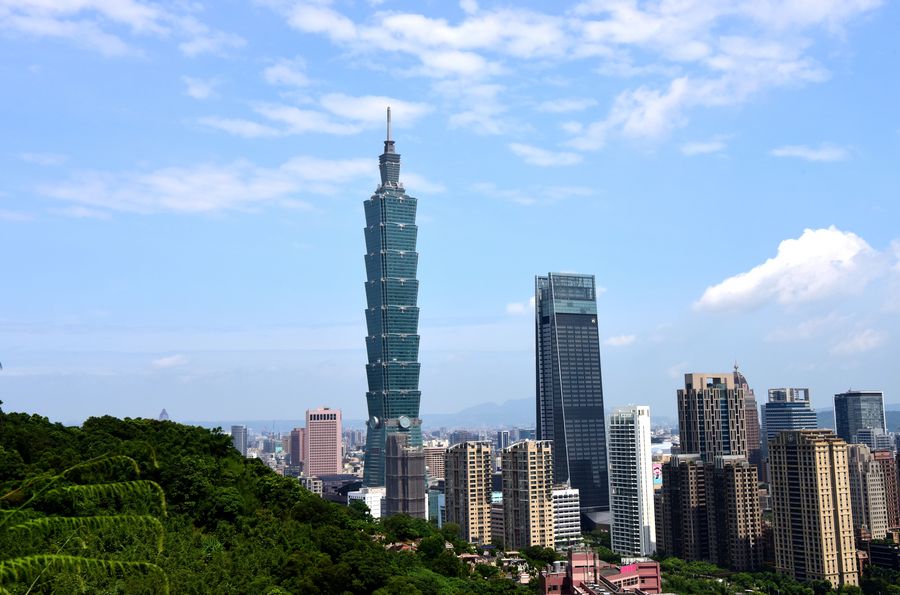G7 continues provocative behavior by trying to muddy waters on Taiwan: China Daily editorial


Pretending to be blind to the ugly roles their countries are playing in aggravating tensions on the Taiwan question and the Korean Peninsula issue as well as prolonging the Ukraine conflict, the top diplomats of the G7 countries at their meeting in Karuizawa, Japan, pointed their fingers at those being contained, threatened and bullied by the United States, accusing them of trying to change the status quo by force.
It is ridiculous that the top diplomats of the US and Japan in the meeting cited the People's Liberation Army's recent military drills around the island as a sign that Beijing is becoming increasingly aggressive and thus making it a potential security threat to the world.
The Taiwan question is completely China's internal affair. That there is only one China in the world with Taiwan being an inalienable part of Chinese territory is recognized by not only the governments of all the G7 countries, as the political foundation for their diplomatic relations with China, but also the United Nations.
As Foreign Ministry spokesperson Wang Wenbin said in a regular news conference on Monday, although the national reunification of China has not yet been realized, China's sovereignty and territorial integrity have never been separated, and that is the real status quo of the Taiwan Strait.
Whatever form it takes, as long as the Taiwan question appears in the joint statement the three-day meeting is scheduled to release on Tuesday upon its conclusion, it will constitute a grave violation of China's sovereignty and territorial integrity, and harm the issuers' credibility.
Beijing is the last party in the world that would like to see the Taiwan question resolved by force. Instead, it is the US and Japan, which are always ready to scratch each other's back in the process, that have been acting recklessly over the Taiwan question, taking advantage of it to advance their own agendas.
By siding with the US, the attendees at the meeting will ignore Washington's consistent provocations on the Taiwan question, with its top lawmaker's meeting with the island's diehard secessionist leader Tsai Ing-wen early this month being the latest. And that Tokyo is hyping up the Taiwan question to justify its attempt to rid Japan of its institutional restrictions on militarism.
If the US and Japan are really "defenders of peace" as they claim, they should first stop distorting the Taiwan question and acknowledge that they themselves are part of the root cause of the tensions.
Paying only lip service to adhering to the one-China policy and turning a blind eye to "Taiwan independence" secessionists' activities, the top diplomats of the "wealthiest democracies" are showing the world how they act as Washington's puppets, and how hypocrisy defines their membership of the US club.
































